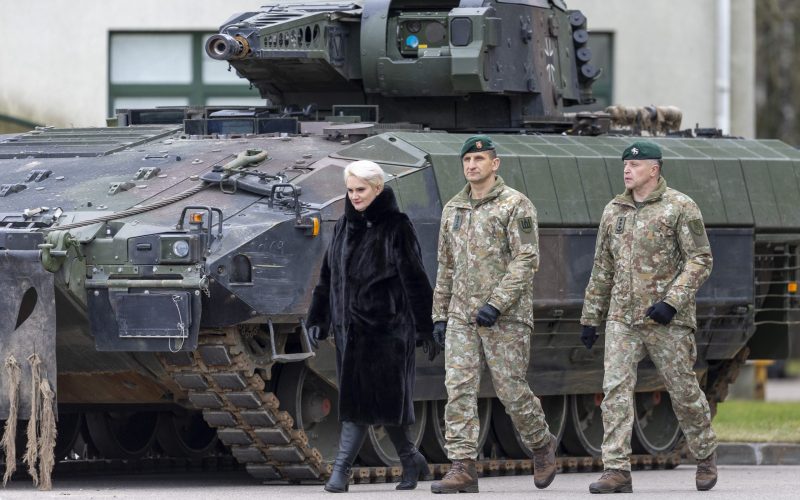NATO: Analysis of Recent Developments and Global Significance

Introduction to NATO’s Importance
The North Atlantic Treaty Organization (NATO) has long been a cornerstone of international relations and global security. Founded in 1949, NATO was created as a collective defense mechanism to counteract the threat posed by the Soviet Union during the Cold War. Today, it remains relevant as geopolitical tensions increase, particularly in Eastern Europe. As we see ongoing conflicts, especially in Ukraine and rising concerns regarding China, the importance of NATO in maintaining peace and stability is more critical than ever.
Recent Developments Involving NATO
In 2023, NATO has faced numerous challenges and developments that have reshaped its strategic focus. The ongoing war in Ukraine has galvanized NATO members, leading to increased military support for Kyiv. Recently, NATO Secretary-General Jens Stoltenberg reiterated the alliance’s commitment to collective defense, stating that the security of Europe is intertwined with that of North America. This commitment was manifested at the NATO Summit held in Vilnius, Lithuania, where alliance members pledged ongoing support for Ukraine against Russian aggression.
In addition to its focus on Ukraine, NATO has also been addressing threats from new fronts, particularly the growing assertiveness of China. The organization is increasingly considering how to adapt its strategy to counter potential threats posed by China, with discussions around the Indo-Pacific region gaining momentum. This shift is highlighted by NATO’s emphasis on ‘global security’, which involves partnerships with nations outside of Europe and North America to address broader security concerns.
NATO’s Future and Global Impact
As NATO adapts to an evolving security landscape, its future will depend on the unity and collaboration of its member states. The alliance is expected to continue reinforcing its eastern flank while enhancing its defense capabilities overall. The modernization of military forces and cyber defense initiatives are also being prioritized to meet contemporary challenges.
For readers, understanding NATO’s role is crucial, as it significantly influences global security dynamics. As tensions continue to rise in various parts of the world, NATO’s collective defense strategy remains a vital aspect for international stability. The alliance’s decisions will have far-reaching effects, not only for its member countries but also for global politics and security.
Conclusion
In summary, NATO remains central to international defense and security strategy as it navigates through a complex and shifting geopolitical landscape. The current developments underscore the importance of strong alliances and strategic planning in preserving peace and maintaining global order. As future challenges arise, NATO’s ability to adapt and respond will be tested, making it essential for the alliance to stay united and proactive to ensure continued security in a multipolar world.









